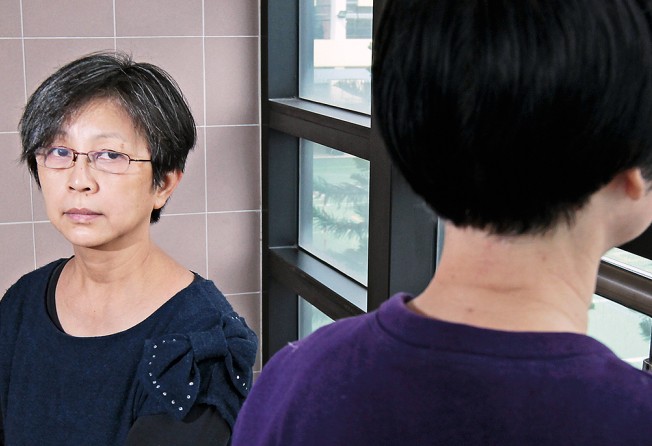Prevention better than cure as number of mental health patients in Hong Kong continues to rise
Preventive work such as community counselling should be undertaken as city copes with a densely urbanised environment and ageing population

Commentary on mental health services in Hong Kong tends to be prompted by tragedies or violent incidents involving patients or ex-patients. An exception was a more in-depth treatment in our Focus page recently. The fact that it was not directly inspired by tragedy did not make it any less depressing reading. A few figures illustrate the story. In a well-respected public health system known for long queues, the wait for mental health treatment is longest of all – up to 166 weeks, or more than three years . Our psychiatric doctor-patient ratio is much lower than many comparable developed economies – only 4.5 per 100,000 people, according to the World Health Organisation. The number of new psychiatric cases in specialist public outpatient clinics has grown by about 8,000 a year to 47,958 in the last five years. The Hospital Authority puts the number with severe conditions anywhere between 70,000 and 200,000, a frighteningly rubbery estimate.
Specialists can often spend only a few minutes with each patient and there is a shortage of nurses for visiting psychiatric outpatients.
An ageing society tends to produce more psychiatric cases. Hong Kong is unprepared for this kind of aged care, as it is for the inevitable increase in the incidence of dementia. The government has begun increasing psychiatric manpower and bed numbers in recent years. It also plans to explore partnering with private doctors for follow-up treatment for psychiatric outpatients. This is a worthwhile initiative, but officials must prepare public opinion for the cost of doing much more.
That said, mental health services compete for resources with other social needs. Priority must go to the seriously ill. But neglect of less-troubled people can only lead to even more severe cases. There is therefore merit in the suggestion by Sania Yau Sau-wai, of the New Life Psychiatric Rehabilitation Association, that more preventive work such as community counselling be undertaken to promote mental health in densely urbanised environments, where people tend to face more pressure.